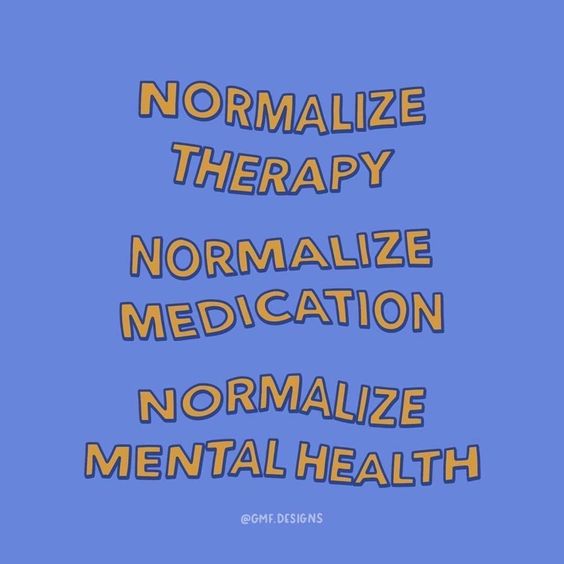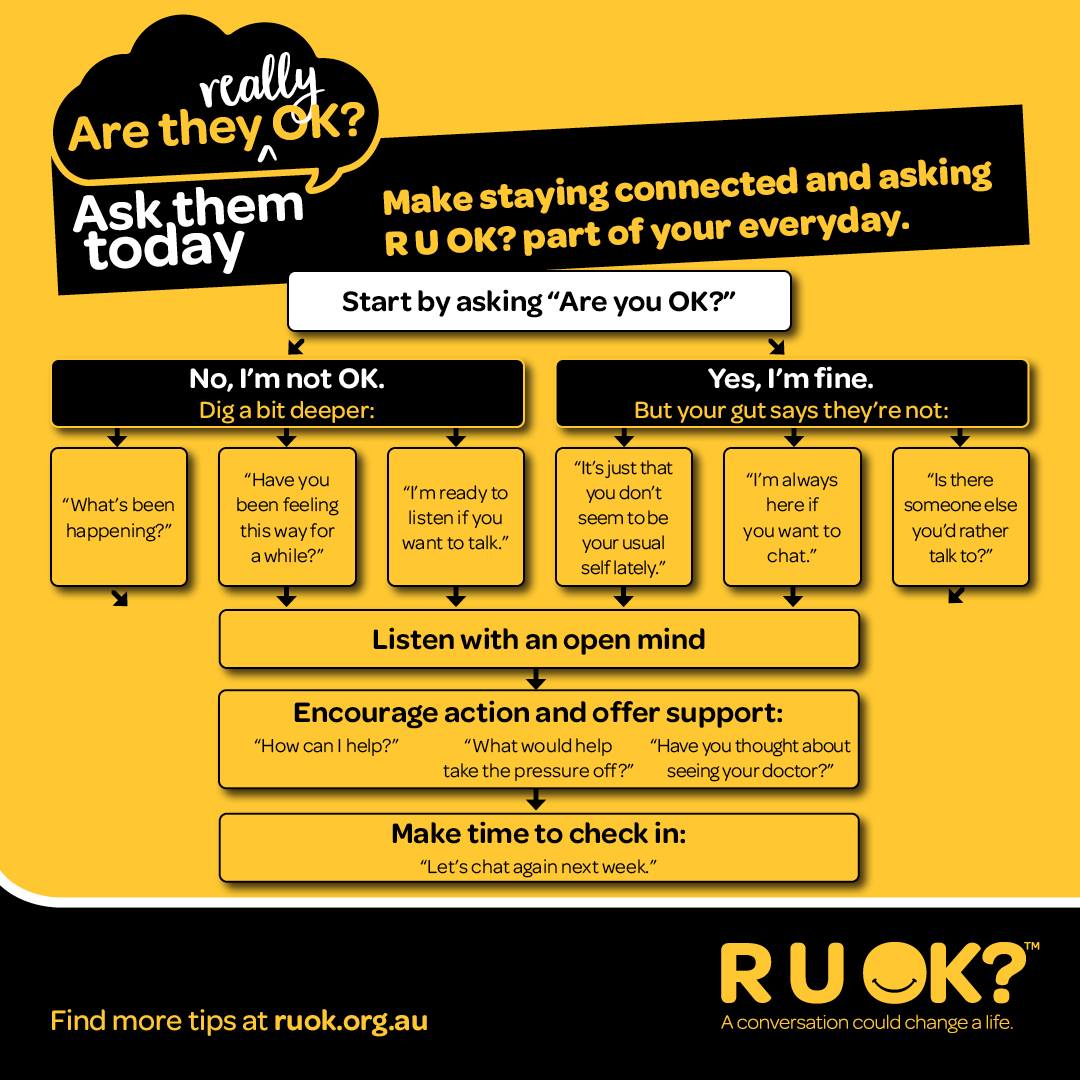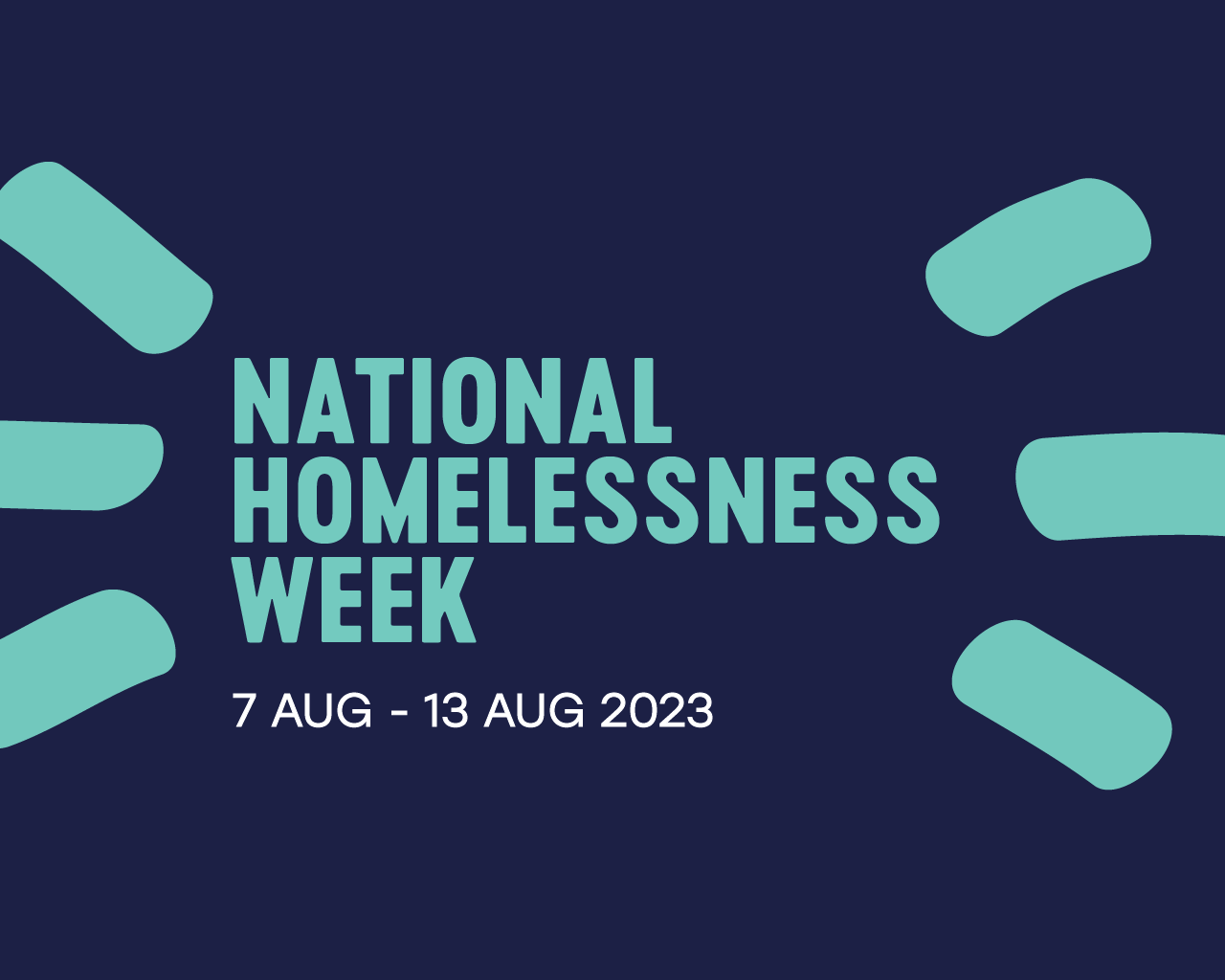1 in 5 Australians experience mental illness every year, and 45 percent of Australian adults will be affected by mental illness at some time in their life, but even with a high proportion of the population experiencing it, mental health is still something that’s shrouded in secrecy, shame, misunderstandings and assumptions.
This mental health month tune in to stigma by becoming aware of the biases, prejudice and stereotypes that still surround mental health so that we can challenge it. Until we talk about it- nothing changes.
So, how exactly can you tune in to stigma? Here are our top tips.
1: Challenge negative ideas around mental health
You might have heard (or even been on the receiving end) of one of these statements:
“People who need therapy are weak”
“You can’t work if you have a mental illness”
“It’s all about attitude, you just need to be more positive!”
“They’re not sick, they’re just being lazy”
Sound familiar? You never know what someone is going through, and statements like these, (however casually said) send the message to people who are struggling that they’re on their own, the way their feeling is their own fault, their feelings don’t matter or that the person who has said something like this can’t be trusted to listen or doesn’t care.
Therapy is an important tool that even people without a diagnosed condition can benefit from. It’s possible to lead a happy and fulfilling life with a mental illness including keeping a job and it’s not just about having a positive attitude. By standing up and challenging these assumptions (or even considering our own internal biases) we can help create a more accepting space to talk openly about our struggles and potentially save a life.


2: Address the stereotypes around mental health
Think about some of the common stereotypes about mental illness and find different ways of looking at things.
For example, one stereotype about people with a mental health condition is that they are lazy. Instead of this negative stereotype, think about the different things someone might be experiencing that could lead to them feeling overwhelmed or exhausted.
Often dealing with the symptoms of mental ill-health takes a lot of internal energy, making it difficult to do everyday tasks. Whilst this may be perceived as laziness from the outside, what we don’t see is that an individual is doing a lot of hard work that is invisible to the outside.
Check out this video for some helpful tips (link to spell check yourself)
2: Get talking about mental health and wellbeing
We’re all leading busy and sometimes stressful lives which means we need to look after our own mental health and wellbeing. So talking to someone you trust is a great way to let off some steam, let go of your anxiousness or sadness and build a connection.
Make it a habit to ask those around you how they’re doing and be honest with others about your own situation. It might feel awkward or even scary, but the more we discuss our feelings – good and bad – the less they’re likely to overwhelm us. When you share you’re experience it can encourage others to do the same.
Not sure how to have the conversation? Check out RUOK? Day for some great tips.


3: Change the language you use
The words we use matter. Describing something as “crazy” or “mad” or using condition specific phrases like “I’m so OCD” can be harmful to someone without you even realising it.
Be aware of the language you use, especially around mental health, and try and challenge yourself not to use stigmatising language and encourage others not to use it too.
4: Listen to people with lived experience
There’s lots to learn about mental health. So a great place to start is learning from people who have a lived experience with a mental health condition. It doesn’t have to be a formal sit down and you don’t have to look far.
You can find peoples experiences through podcasts, YouTube, TikToks, blogs and more. The key here is going in with the willingness to learn and empathise. Not sure where to start? Check out Abi’s experience with Depression.
If you are living with a mental health condition and need support to find work (and keep it), Campbell Page is here to help.
We’ve got your back through every step of the job search process and can connect you to the support services you need to manage your health condition.
Send us a message and we’ll will be in touch shortly, or better yet, call us now on 1300 139 920
"*" indicates required fields
Image sources: GMF Designs, R U OK.


